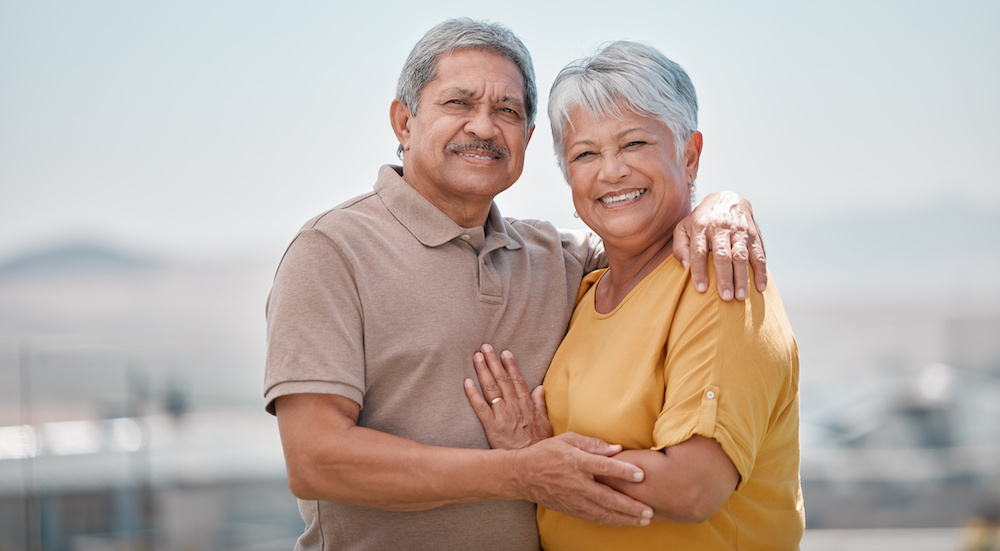The Washington Post recently listed all the states and territories of the U.S. by age: the proportion of people living there who are over 65. The top place goes to Puerto Rico.
More than 20% of the residents of Puerto Rico are 65 or older and were born in Puerto Rico. Another 1.2% are over 65 and were born elsewhere. “In Puerto Rico,” the report says, “the local-born population under age 18 fell 47 percent over the past decade, while the 75-plus contingent rose 44 percent.”
Puerto Rico has the most elderly people, and the lowest birth rate. There is also the loss of population as younger people leave the Island. One of the obvious results is that there are more people requiring care and fewer people to provide that care.
The elderly in Puerto Rico are worse off
The Gerontological Society of America produced a report on the elderly in Puerto Rico which shares discouraging facts. The average elderly person in Puerto Rico has an annual income of $14,077. In the United States as a whole, the average is $27,398. Elderly people in Puerto Rico are also in poor health compared with those living in the states. 66.4% have high blood pressure, 42.2% have arthritis, and 33.5% have diabetes.
The report goes on to say that elderly people in Puerto Rico receive the lowest level of federal benefits and the poorest quality of care in the United States. “These structural inequalities are partially due to the lack of representation and power in the United States Congress to shape these funding disparities,” the researchers conclude.
A paper from the Journal of the American College of Cardiology emphasizes the difference between healthcare available in Puerto Rico and in the states. They mention the shortage of doctors, lament the fact that “Puerto Rico’s “territorial status presents a challenge to democracy and social fairness,” and detail the economic differences in the healthcare system in Puerto Rico compared with the states. Puerto Rican pay into the Social Security system just as residents of states do, but receive only about 60% of the benefits available in the states.
They tell readers that “while the U.S. Constitution guarantees states equal treatment at the federal level, no such guarantee exists for U.S. territories.”
The good news
A paper from the Journal of Aging compared Puerto Ricans living on the Island with those living in states and concluded that Puerto Ricans in general benefit from strong social and family ties. Strong social support has positive effects on overall health.
Puerto Rico’s economy is seeing some growth, with employment figures up in recent months. While the loss of working-age people is a continuing problem, those who stay on the Island have a better chance of finding work.
Given the level playing field statehood would provide, Puerto Rico should be able to overcome some of the problems associated with the aging population.








No responses yet